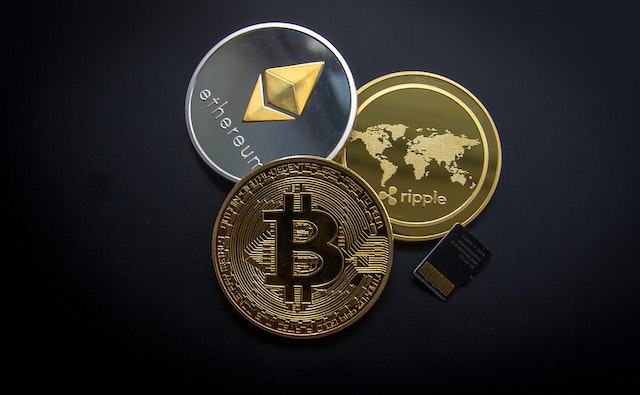The emergence of cryptocurrencies and blockchain technology in recent years has sparked a dramatic revolution in the world’s financial system. Formerly a mysterious idea, cryptocurrencies have become a key player in the world economy.

Bitcoin, the first decentralized cryptocurrency, introduced peer-to-peer transactions without banks in 2009. Satoshi Nakamoto’s whitepaper established cryptographically secure and immutable digital money. Due to Bitcoin’s popularity, it has spawned many altcoins.
Cryptocurrencies are alluring because of their rapid transactions, low fees, and cross-border possibilities. Cryptocurrencies are becoming increasingly popular in traditional markets as firms and individuals realize their benefits.
Ethereum, a pioneering blockchain platform, allows developers to build decentralized applications and execute smart contracts. Smart contracts are self-executing contracts containing coded terms. These contracts are immutable, transparent, and secure without intermediaries.
DApps use smart contracts to provide services across industries. Transparency, fraud reduction, and efficiency can disrupt supply chain management, healthcare, and voting systems.
Blockchain’s asset tokenization is revolutionary. Real estate, artwork, and commodities can be tokenized on a blockchain. These tokens allow fractional ownership and increase asset liquidity.
Tokenization also creates financial-compliant security tokens. This increases investment prospects and fundraising and venture capital transparency and accountability.
Cryptocurrencies have disrupted the financial sector, but blockchain technology has far greater potential. Blockchain’s decentralization promotes trust, security, and immutability.
Blockchain reduces supply chain fraud and counterfeiting by ensuring traceability and authenticity. Secure, interoperable patient data management benefits healthcare. Transparent, tamper-resistant voting methods promote democracy.
The production of renewable energy, digital identity, and decentralized internet platforms are all helped along by blockchain. These applications demonstrate how blockchain technology can be used to address issues that occur in the real world.
Cryptocurrencies and blockchain technologies have changed global finance.
Cryptocurrencies are a viable medium of exchange, and smart contracts and DApps are transforming industries with secure and transparent solutions. Asset tokenization is expanding investment and financial inclusivity.
Blockchain technology impacts supply chain management, healthcare, voting systems, and more beyond finance. Blockchain will revolutionize established businesses and usher in a global era of transparency, efficiency, and trust. We must embrace this creative technology while addressing obstacles to secure a sustainable and inclusive future.